Trump’s tariff threat and growth promises ‘don’t jive,’ says Charest as PM’s council meets on Canada-U.S. relations
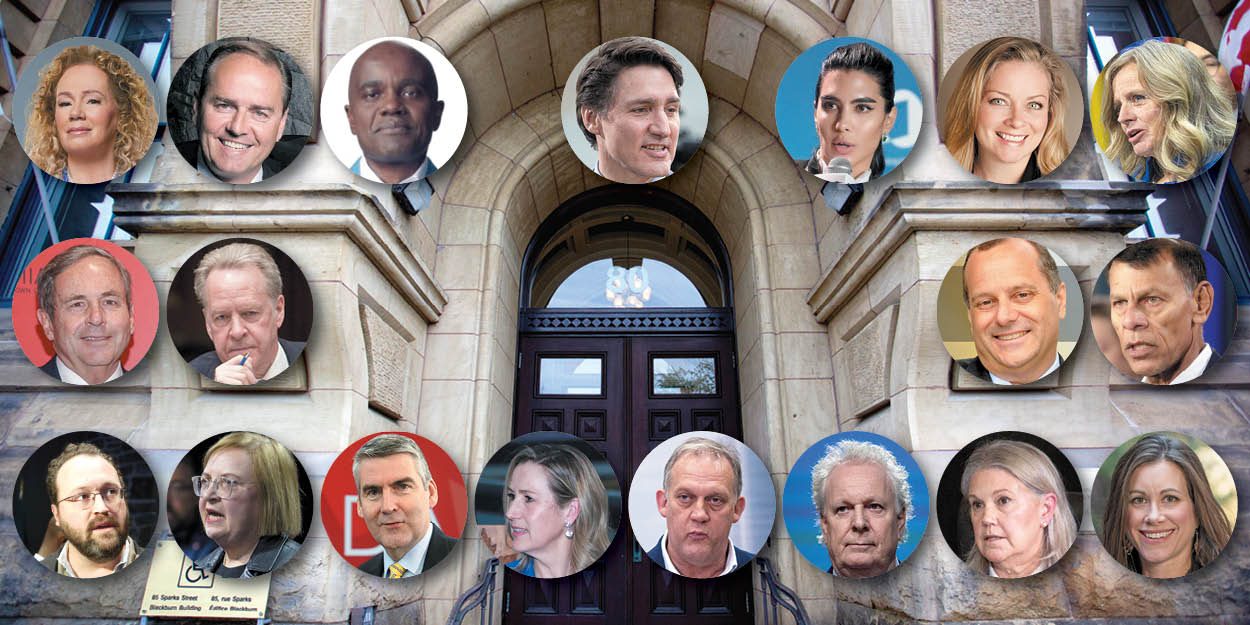
Members of Prime Minister Justin Trudeau’s new advisory Council on Canada-U.S. Relations say U.S. President Donald Trump’s renewed tariff threats will be their main priority, as will finding a way to convince the administration that such measures would cause pain on both sides of the border.
“The more recent study I saw was a 2.6 per cent reduction in GDP if it’s a 25-per-cent tariff scenario, also a 1.6 [per cent] reduction in U.S. GDP, if that were the case,” said Jean Charest, a member of Trudeau’s (Papineau, Que.) Council on Canada-U.S. Relations, at a Jan. 21 press conference. “So the sum total of all this is that we’re all going to suffer. This just doesn’t make sense.”
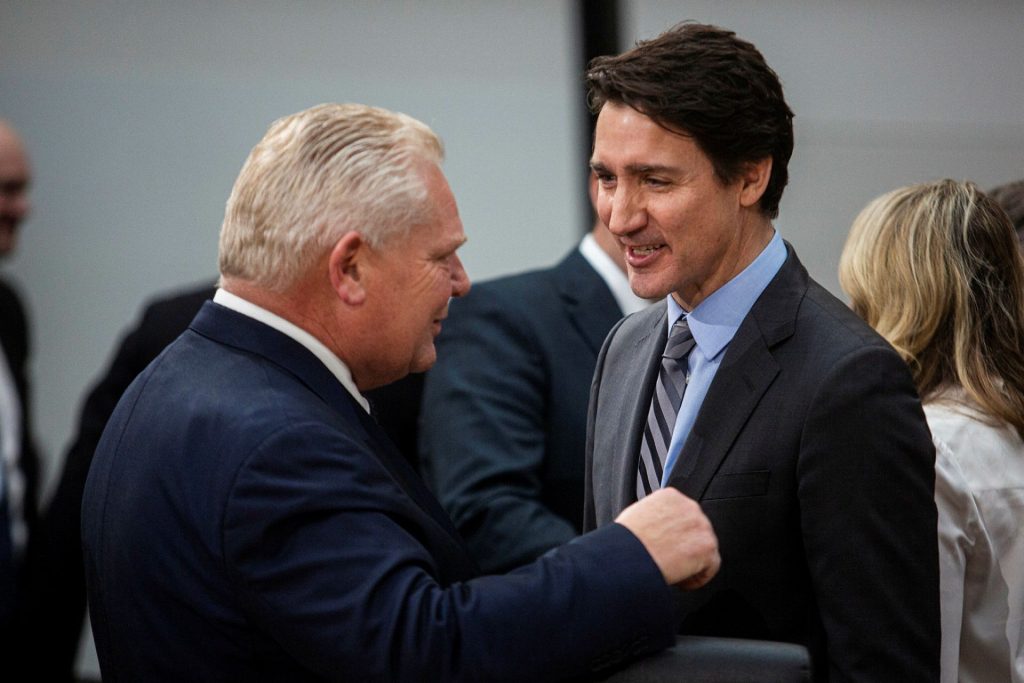
Trump initially threatened on Nov. 25, 2024, to impose 25-per-cent tariffs on both Canada and Mexico, which he said would take effect on the first day of his second term, unless both nations took action on immigration and drug smuggling concerns. That threat did not come to pass on the day of his inauguration on Jan. 20, but he told reporters that night that “I think we’ll do it Feb. 1.”
With that renewed threat, council member and ISG Senator Hassan Yussuff (Ontario) said the challenge for the recently formed advisory body will be preparing Canadians for the shocks that will come with the threatened tariffs.
“I think our biggest challenge right now is how we prepare the country—and to a large extent Canadians—what would happen if these tariffs were to come,” Yussuff told The Hill Times. “People are not yet appreciative of the gravity of it.”
Charest said it is important for Canada to examine what he described as a dilemma within the Trump administration—whether to pursue “a growth agenda or the tariff agenda”—describing the latter as “the contrary of economic growth.”
“The inaugural speech [was] about a process that makes sense. Canada can disagree with the fact that we should sit down and look at what the trade relationship is. We welcome that,” he said. “And then later in the day, Feb. 1 is [the introduction of] a 25-per-cent tariff. It doesn’t make sense. It doesn’t jive.”
Trudeau announced the 18-person council on Jan. 16, composed of current and ex-political leaders, senior civil servants, and business, union, and Indigenous representatives. He chaired the inaugural meeting on Jan. 17, while the council met again on Jan. 21 in Montebello, Que., as part of the cabinet retreat.
The council is similar to an advisory body that was struck in 2017 to assist with the renegotations of the North American Free Trade Agreement (NAFTA) during the first Trump presidency. The NAFTA Council, however, was under the purview of then-foreign affairs minister Chrystia Freeland (University—Rosedale, Ont.), rather than the prime minister.
Yussuff, who was head of the Canadian Labour Congress in 2017, was a member of that NAFTA Council. Last November, the now Senator was a proponent for a similar group to the NAFTA Council being convened by the federal government, as reported by The Hill Times.
At the time, he extolled having Conservative voices on the council in former Harper-era cabinet ministers Rona Ambrose and James Moore. This time around, the lone Conservative voice is Charest: a Mulroney-era cabinet minister and former Quebec Liberal premier, who ran unsuccessfully for Conservative leadership in 2022, but who’s had his party credentials questioned by Conservative Leader Pierre Poilievre (Carleton, Ont.).
Yussuff said others in the council will likely echo some of the same Conservative concerns, remarking that the group’s members have broad backgrounds that bring a diversity of opinions.
The Hill Times reached out to the Prime Minister’s Office to ask whether other Conservatives had been considered or asked, in addition to Charest, as well as why the prime minister and not the foreign affairs minister had oversight over the council this time. They did not respond by deadline.
Who’s on the PM’s Council on Canada-U.S. Relations?
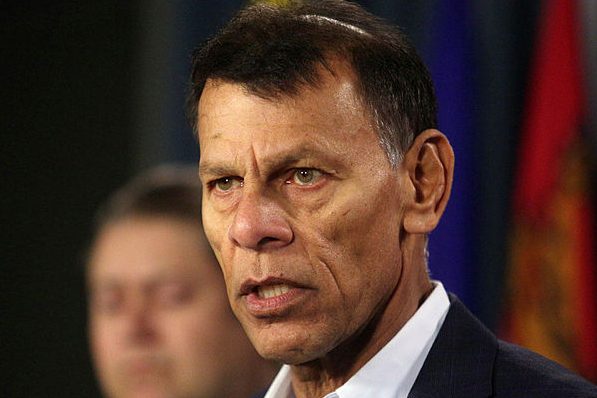
Two members of the council previously served in the NAFTA Council formed in 2017. ISG Senator Hassan Yussuff, who was president of the Canadian Labour Congress at the time, is on this new council. The longtime labour leader previously took part in the government’s Sustainable Development Advisory Council, Net-Zero Advisory Body, and Industry Advisory Roundtable on COVID-19 Testing, Screening, Tracing and Data Management. He was appointed to the Senate in June 2021.
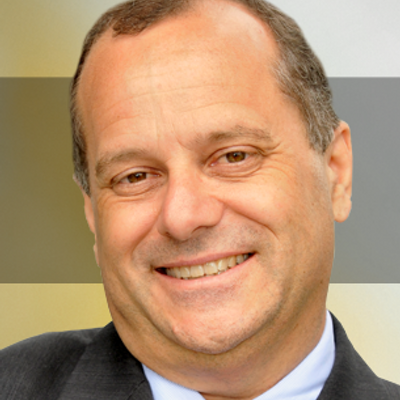
Another NAFTA Council alumnus is Brian Topp, founding partner of GT & Company, and an ex-staffer in two NDP provincial governments. Previously working in the labour movement and financial services sector, Topp was chief of staff to then-Alberta premier Rachel Notley, and deputy chief of staff to then-Saskatchewan premier Roy Romanow.
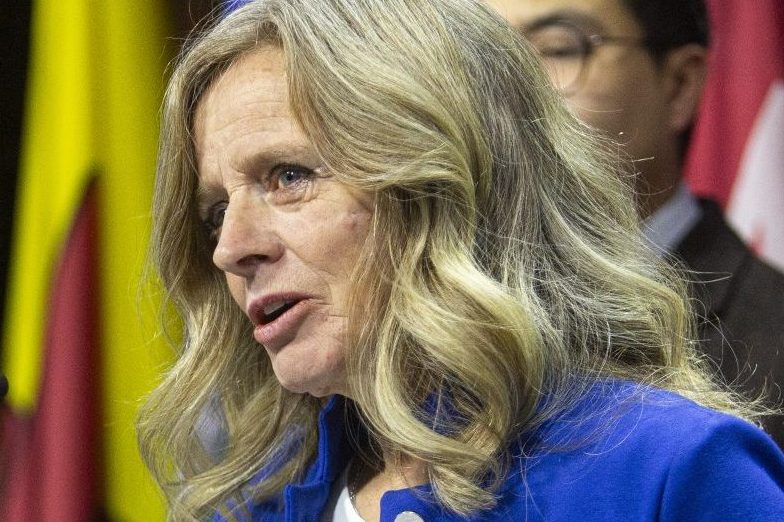
Notley is also on the council, one of three ex-premiers to be appointed. Much of Notley’s premiership from 2015 to 2019 coincided with Trump’s first administration. She travelled to Washington, D.C., a little over a month after Trump’s 2017 inauguration, during which she discussed oil and gas pipelines, NAFTA, softwood lumber, and agriculture.
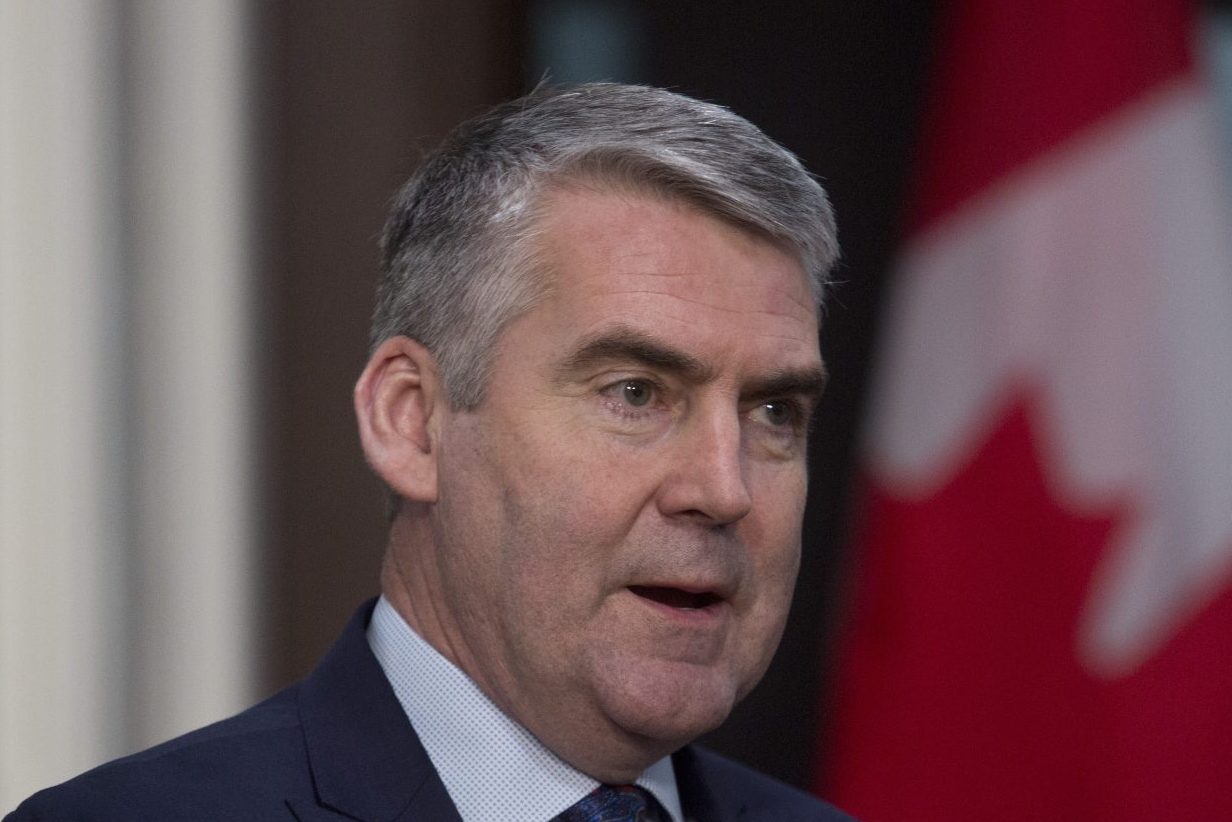
Also familiar with governing during Trump’s first term is Stephen McNeil, Liberal premier of Nova Scotia between 2013 and 2021. McNeil travelled to Washington, D.C., with several other premiers in mid-2017, ahead of the NAFTA talks. The province’s softwood lumber industry—which had previously been exempt from U.S. import duties—was slapped with a 19.88 per cent tariff in May 2017, but its exclusion was restored in November that same year.
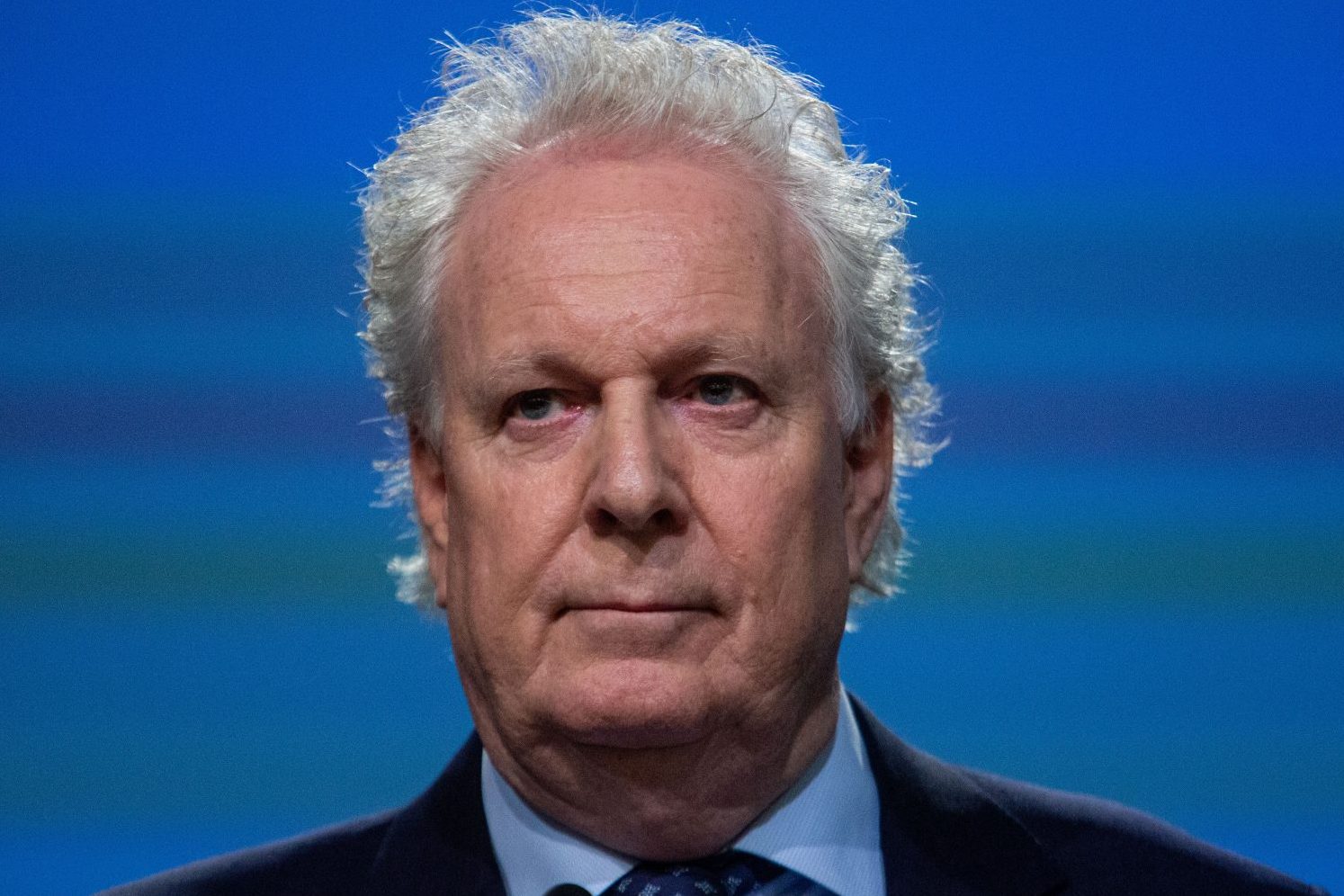
The final ex-premier on the council is Quebec’s Jean Charest, who led the province prior to Trump’s arrival on the scene between 2003 and 2012. The leader of the federal Progressive Conservatives from 1993 to 1998, Charest previously served in the governments of Brian Mulroney and Kim Campbell as environment, industry, and youth minister.
More recently, Charest contested the federal Conservative Party’s 2022 leadership election, placing a distant second behind Pierre Poilievre. Between his premiership and attempted return to federal politics, Charest has been a consultant for Chinese tech company Huawei, and a partner at McCarthy Tétrault LLP.
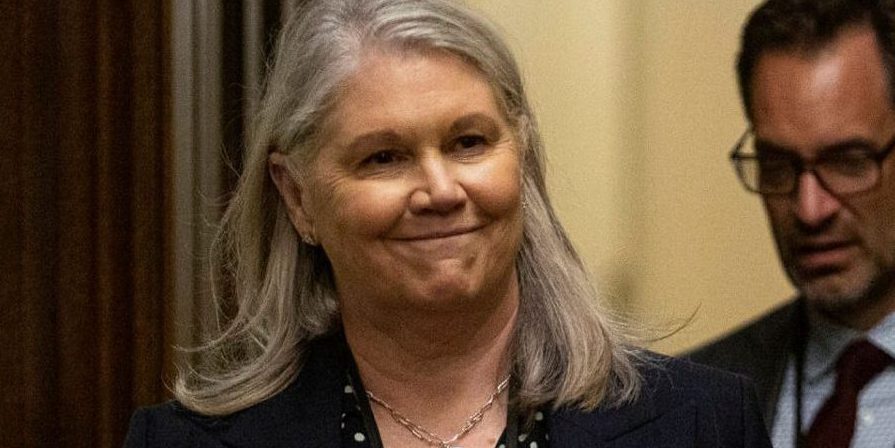
Two council members have experience as closer advisers to the federal government: Jody Thomas, the prime minister’s former national security adviser, and Kirsten Hillman, Canada’s ambassador to the United States.
Thomas had been Trudeau’s national security and intelligence adviser from January 2022 until January 2024, contending with issues such as the so-called “Freedom Convoy” that occupied Ottawa at the end of that month, Russia’s invasion of Ukraine, the Israel-Hamas war, and allegations of foreign interference targeting Canadian institutions.
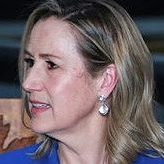
Appointed as Canada’s top diplomat to Washington, D.C., in 2020, Hillman led co-ordination efforts during the COVID-19 pandemic at the end of Trump’s first term and the early days of former U.S. president Joe Biden’s administration. She previously played a leading role in the NAFTA renegotiations, and was this country’s chief negotiator in the Comprehensive and Progressive Agreement for Trans-Pacific Partnership.
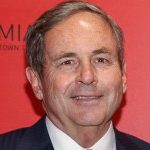
David MacNaughton, Hillman’s predecessor as ambassador, has also been named to the council. The former StrategyCorp chair was appointed to lead our embassy in Washington, D.C., in March 2016 during the last few months of Barack Obama’s U.S. presidency, and he held the role until August 2019 to become Canadian president of Palantir Technologies, a firm founded by Trump supporter and tech billionaire Peter Thiel.
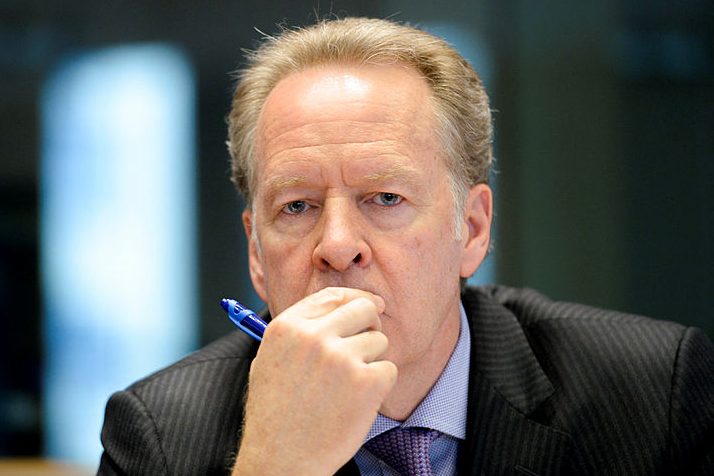
Also returning is Steve Verheul, Canada’s chief trade negotiator between 2017 and 2021. Now a principal at Topp’s GT & Company, Verheul renegotiated NAFTA into what became known as the Canada-United States-Mexico agreement (CUSMA), as well as the Canada-European Union trade deal. Verheul’s career also includes stints as Canada’s chief agriculture negotiator, special adviser on trade policy to the deputy minister of finance, and assistant deputy minister of Global Affairs Canada’s trade policy and negotiations branch.
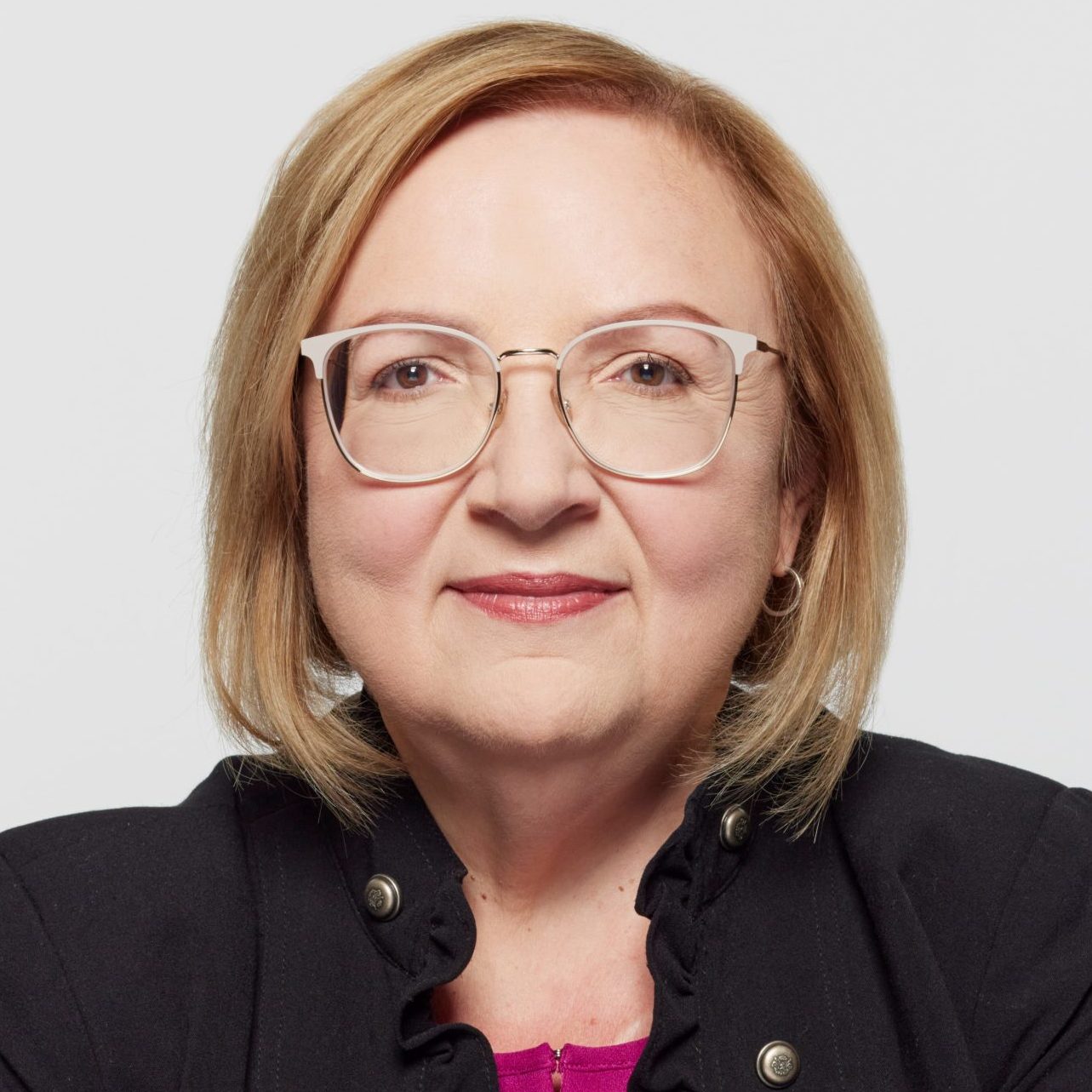
Also at the council table is Lana Payne, national president of Unifor. Elected to lead the country’s largest private sector union in 2022, Payne has previous experience as a journalist, and president of the Newfoundland and Labrador Federation of Labour. Unifor sent a letter to Trudeau on Jan. 15 recommending measures to respond to any U.S. tariffs, including targeted and strategic counter tariffs, better management of strategic natural resources, and emergency relief to mitigate the risks of layoffs.
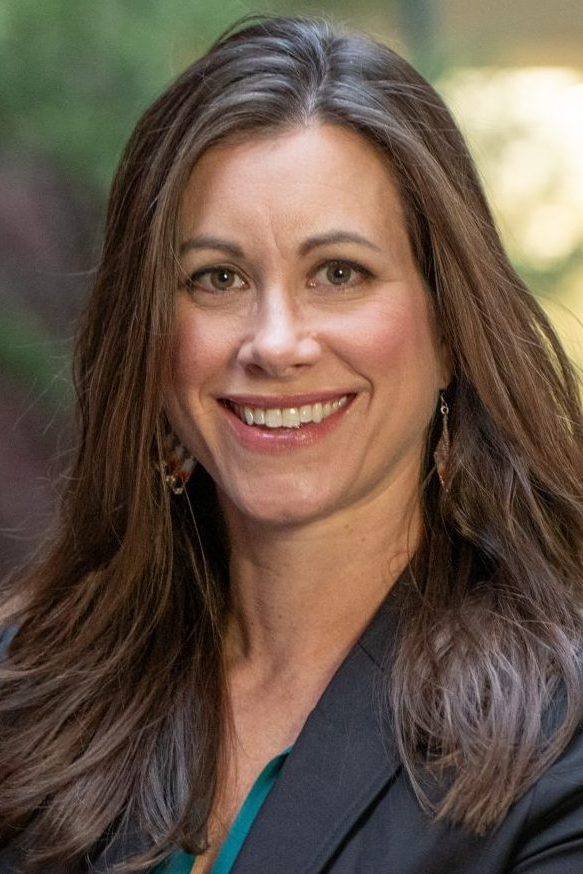
Trudeau has also asked figures in the business world to join the council. Among them is Tabatha Bull, president and CEO of the Canadian Council for Indigenous Business (CCIB), who is Anishinaabe and member of the Nipissing First Nation. CCIB has more than 2,500 members, of which approximately 1,300 of whom are certified Indigenous businesses.
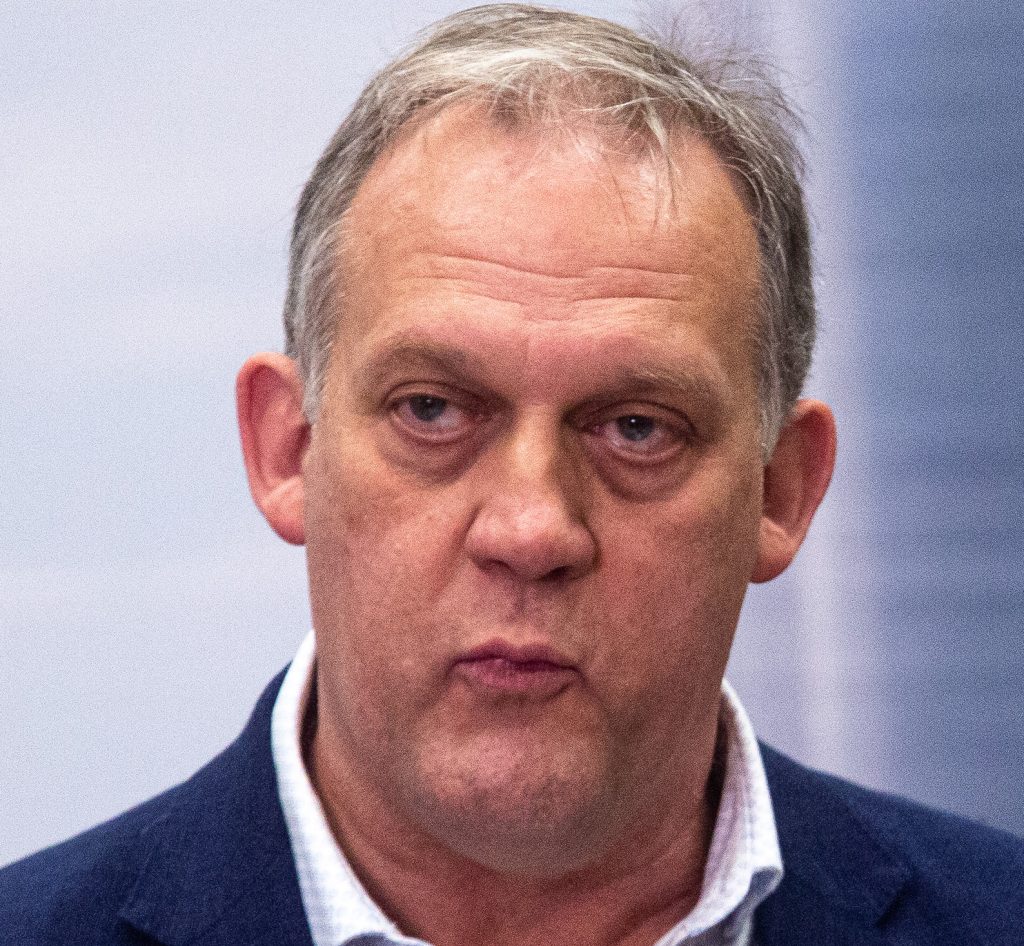
The agricultural industry, meanwhile, is represented by Martin Caron, president of l’Union des producteurs agricoles. The dairy farmer has led the 42,000-member Quebec group since 2021, and has warned of the potential impact of tariffs on the province’s agricultural sector.
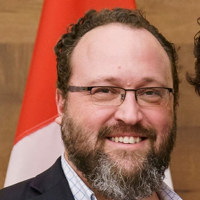
Across the provincial border, the predominantly Ontario-based members of the Automobile Parts Manufacturers Association will have a voice at the council with president Flavio Volpe. Frequently appearing on The Hill Times list of the country’s top 50 foreign policy influencers, Volpe’s understanding of the U.S.-Canada trade relationship is vital in both his industry representation work and his input to the federal government. Volpe’s father, Joe Volpe, is a former Liberal cabinet minister.
Two business figures and council members who may be more recognizable to the general public are Arlene Dickinson and Wes Hall, two of the “Dragons” on CBC program Dragons’ Den.
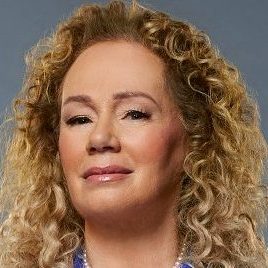
Dickinson, who has been a regular on the show for most of its 19-year history, is an investor, managing partner of District Ventures Capital and, until last year, co-managing partner of consulting and marketing agency Believeco:Partners.
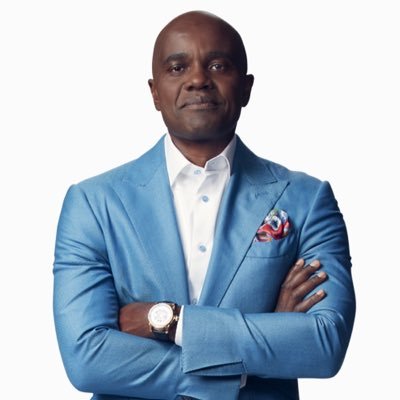
Hall joined Dragons Den in 2021. He is the founder of Toronto-based shareholder advisory firm Kingsdale Advisors and private equity company WeShall, and executive chair of the philanthropic BlackNorth Initiative.
Rounding out the business world’s members on the council are Linda Hasenfratz, Shahrzad Rafati, and Tim Gitzel.
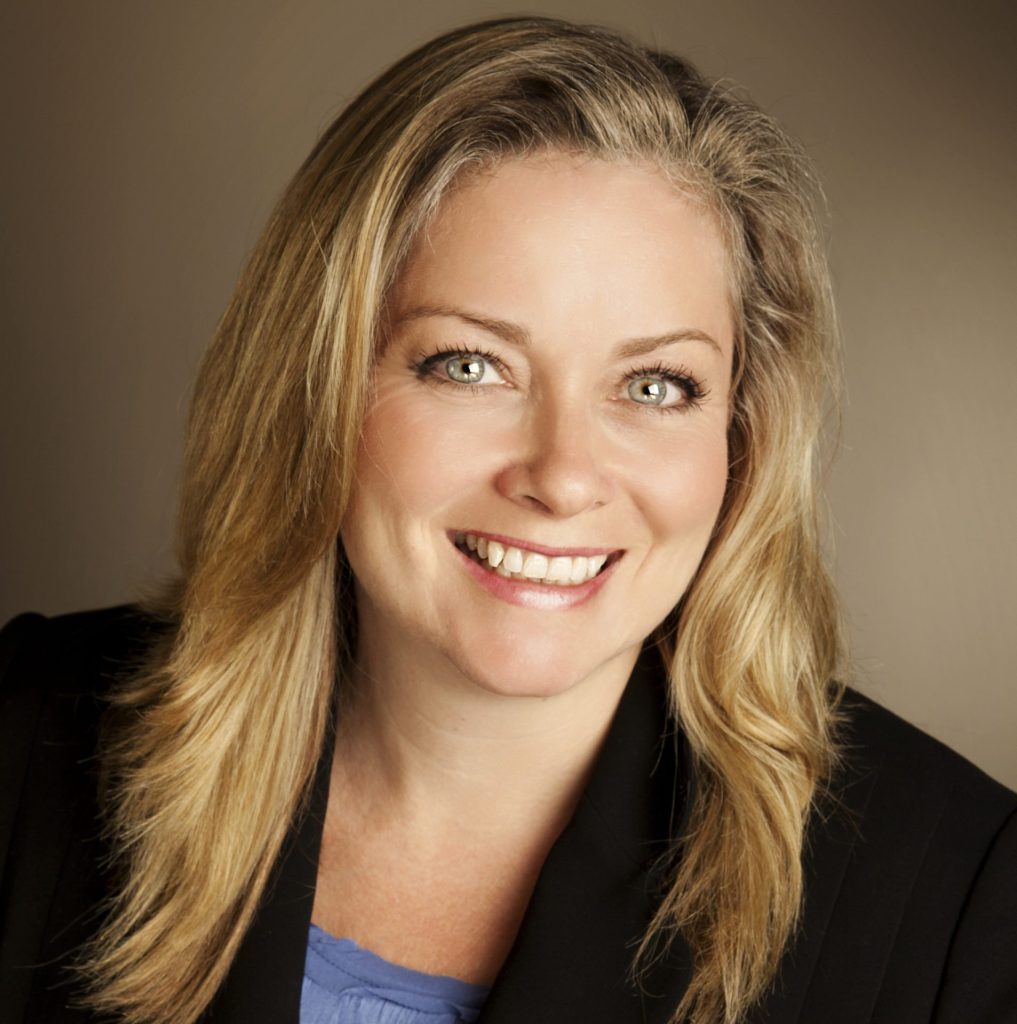
Hasenfratz is the executive chair of manufacturing company Linamar, which produces agricultural equipment, aerial work lifts, and vehicle parts. She also spent 16 years on the board of CIBC, and two years as chair of the Business Council of Canada.
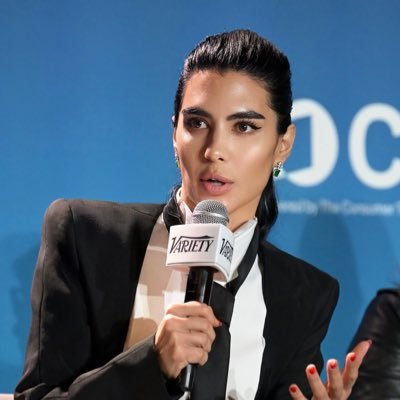
Rafati is the founder, CEO, and chair of media technology company BBTV, which is involved in content management, distribution and monetization for clients such as the NBA and Paramount Global. Trudeau appointed Rafati to the G20 Business Women Leaders’ task force in 2018, and as co-chair of private sector alliance G20 Empower in 2020.
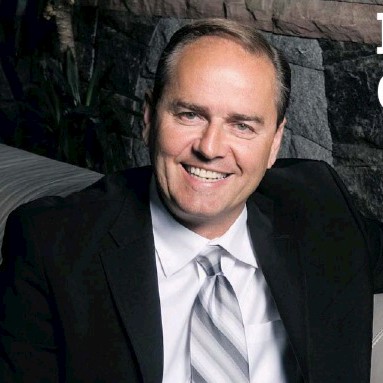
Gitzel has been president of uranium company Cameco since 2010 and CEO since 2011. The Saskatoon, Sask.-based firm owns significant stakes in uranium operations, projects, fuel services, and reactor equipment manufacturers, including the U.S.-based Westinghouse Electric Company.
sjeffery@hilltimes.com
nmoss@hilltimes.com
The Hill Times





 LICENSING
LICENSING PODCAST
PODCAST ALERTS
ALERTS













